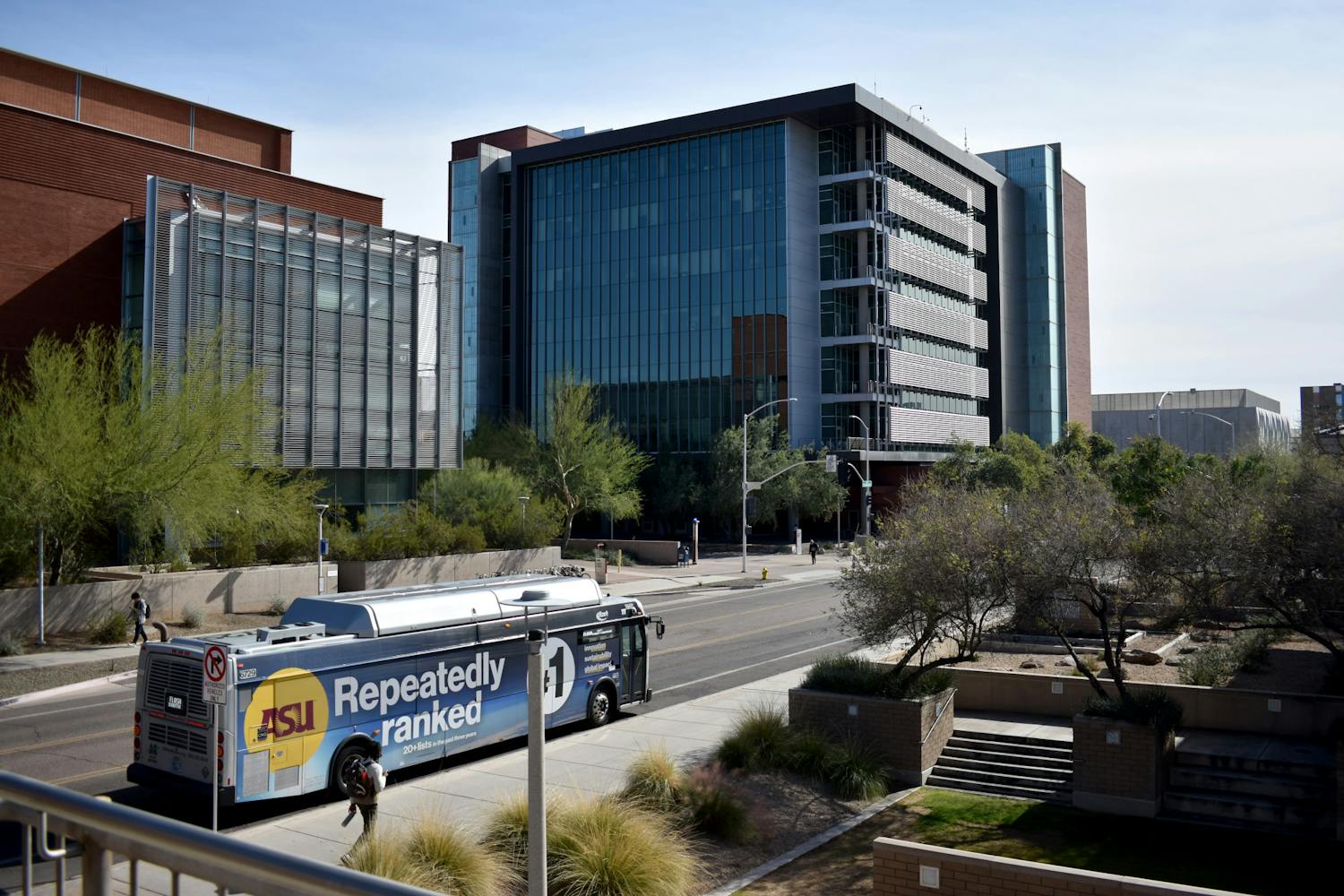A wide variety of genetic mutations occur inside the human genome of every person, but only a small few of these are the cause of diseases and disabilities. Determining which mutations are normal and which are harmful is the point to research being studied at the Biodesign Institute.
Reed Cartwright, an assistant professor in the Biodesign Institute's Center for Evolutionary Medicine and Informatics, along with researchers at a variety of institutions, is developing a new software that helps to detect genetic mutations.
DeNovoGear software uses statistical data to help identify mutations and more accurately find the source, Cartwright said.
"We are looking at research to understand the natural patterns of mutations," he said.
The software examines genetic sequencing data from three sources: the parents and a child. When it recognizes changes in the genetic makeup, the program can determine whether they're de novo mutations, or mutations that are not passed down from either parent.
This allows researchers to figure out which parent transmitted the mutation or if it just occurred naturally in the child.
Accurately identifying and validating genetic mutations could have an important impact on treating and diagnosing people with mutation diseases.
The study is being conducted in two areas: pediatric diseases and cancer research.
Donald Conrad, professor of genetics at Washington University in St. Louis, said he believes this new software will become important in the future.
"It is important this is a tool that may become clinically used," he said. "For children with genetic disabilities, we can identify the problem gene and inform the parents in case they want to have more children, and they can decide what they want to do."
Cartwright and Conrad only began working on the program a few years ago.
"We started working on this in 2008 while we were working on the 1000 Genomes Project," Conrad said.
With more research into de novo mutations, the plan is to create a suite of programs, a sort of one-stop shop to identify mutations, Cartwright said.
ASU continues to rank highly in the field of science with research like DeNovoGear software and is a contributing factor for some students who want to study areas of science.
Biochemistry freshman Connor Sanchez, found the research exciting and said he thinks it will be very useful for him.
"When I get more progressed in my major, it will become more important," he said. "The research they are doing here is very important."
The study of de novo mutations is fairly new, but Cartwright and Conrad said they believe they can help identify these mutations and put them to practical use in the field of medicine in the coming years.
"This is a small first step, and we want to keep building in abilities into the software for a more clinical purpose to help people with genetic mutations and disabilities," Conrad said.
Reach the reporter via email at jshanco2@asu.edu or on Twitter @joey_hancock



